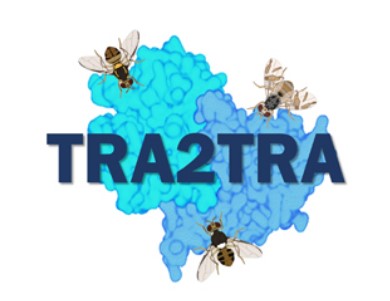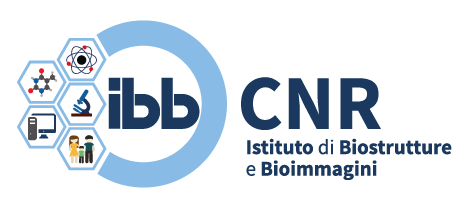Description
The control of agricultural insect pests represents an excellent alternative to the use of pesticides which may produce severe environmental problems. Effective strategies to control the insect population that produces heavy damage to cultivations consist in inducing its local reduction by the Sterile Insect Technique (SIT). However, the success of these approaches relies also on understanding the molecular basis underlying the sex determination process in these species. Although information about the molecular mechanism that drives the sex destiny is extremely poor, in all these invasive species an important role is played by alternative splicing processes responsible for specifying male or female development. In this scenario, the present project (TRA2TRA) aims at characterizing the interaction between crucial splicing factors encoded by transformer (tra) and transformer-2 (tra2) genes, as this partnership is fundamental for female sex determination in several agricultural pests such as C. capitata (medfly), B. oleae (olive fly) and B. dorsalis (oriental fly). Here, we initially plan to unravel the structural basis of their recognition in medfly using a novel approach based on recombinant proteins and synthetic peptides. Then, synthetic peptides able to compete with the physiological TRA-TRA2 interaction, will be designed and characterized in-vitro. The functional ability of these peptides to masculinize C. capitata XX embryos will be tested in-vivo. Moreover, the abundance of recurrent Arg-Gly motifs in TRA and TRA2 sequences raises the intriguing possibility that the TRA2/TRA binding may generate functional condensates. The propensity of complexes formed by TRA-TRA2 and their fragments to induce phase separation will be explored. Finally, to overcome previous failures, novel CcTRA2 variants with reduced thermal stability at high temperatures will be developed to facilitate the temperature-dependent sex-reversal toward maleness experiments on these insects.

Objectives and expected results
The Institute of Biostructures and Bioimaging, which is leading the project, will be in charge of coordinating the project’s activities. These will be multidisciplinary and will also involve the Departments of Biology and Pharmacy of the Federico II University. In terms scientific activities, the IBB will take advantage of the expertise acquired over three decades in the field of molecular, structural and computational biology. Specifically, IBB researchers will work on the recombinant expression of TRA and TRA2 proteins from C. capitata and D. melanogaster and their biochemical, biophysical and structural characterization. These activities will be complemented by computational studies aimed at integrating the experimentally obtained results. In particular, innovative methods for predicting protein structures and their complexes with biological partners based on artificial intelligence will be applied. Information on the dynamic properties of these proteins will be obtained through extensive molecular dynamics simulations. These studies will take advantage of the infrastructure and modern equipment in place at the IBB and the ability of researchers in the unit to access international infrastructure. Taken together, these studies will provide information on the structural and functional properties of these key splicing factors. The outcome of these activities will enable the design of variants and new molecules of considerable biotechnological interest as they can modulate the sex determination process in these species.
Project proponents
- Istituto di Biostrutture e Bioimmagini-CNR
Involved entities
- Università degli studi di Napoli “Federico II”
Project leader
Dr. Luigi Vitagliano (PI)
Project code
P202294585_LS1_PRIN2022PNRR
Received funds
€ 95.000,00
Time frame
30/11/2023 - 29/11/2025
Progress status
75%

